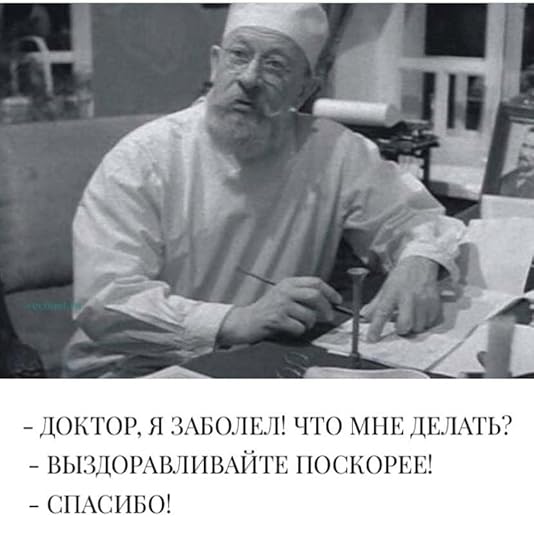What do you think?
Rate this book


424 pages, Paperback
First published December 1, 1920

Wow! This whole piece of text is of a remarkable artistic production. I have read it with a throbbing heart – it is so good! For me, only and especially, surely! His talent is unmistakable and it is a real, great talent. Everything in these letters is expressed with an extraordinary stamina, and I have actually felt a pang of envy that it was not I who had written them. Poor me! To fancy that is like quickly losing shape and slipping away in thoughts of eternal bliss…
Anyways, there is definitely something worth while to remember from Chekhov, and that is one of his mostly used expressions, at least during his thirty years of life - I have liked the life and wanted to live…, even if or more so because, life itself when it is not a psychological invention is a difficult business…
He made a complete and delightful impression upon me and I felt as much at ease as though I were at home – which in fact it’s a perfectly valid truth, as I have been home all this time – and we have had some talks together…His nearness was awesome. I had a wonderful feeling such as I have not had for a long time, as though I had come back from a moonlight tryst. Oh, poor me! (again)